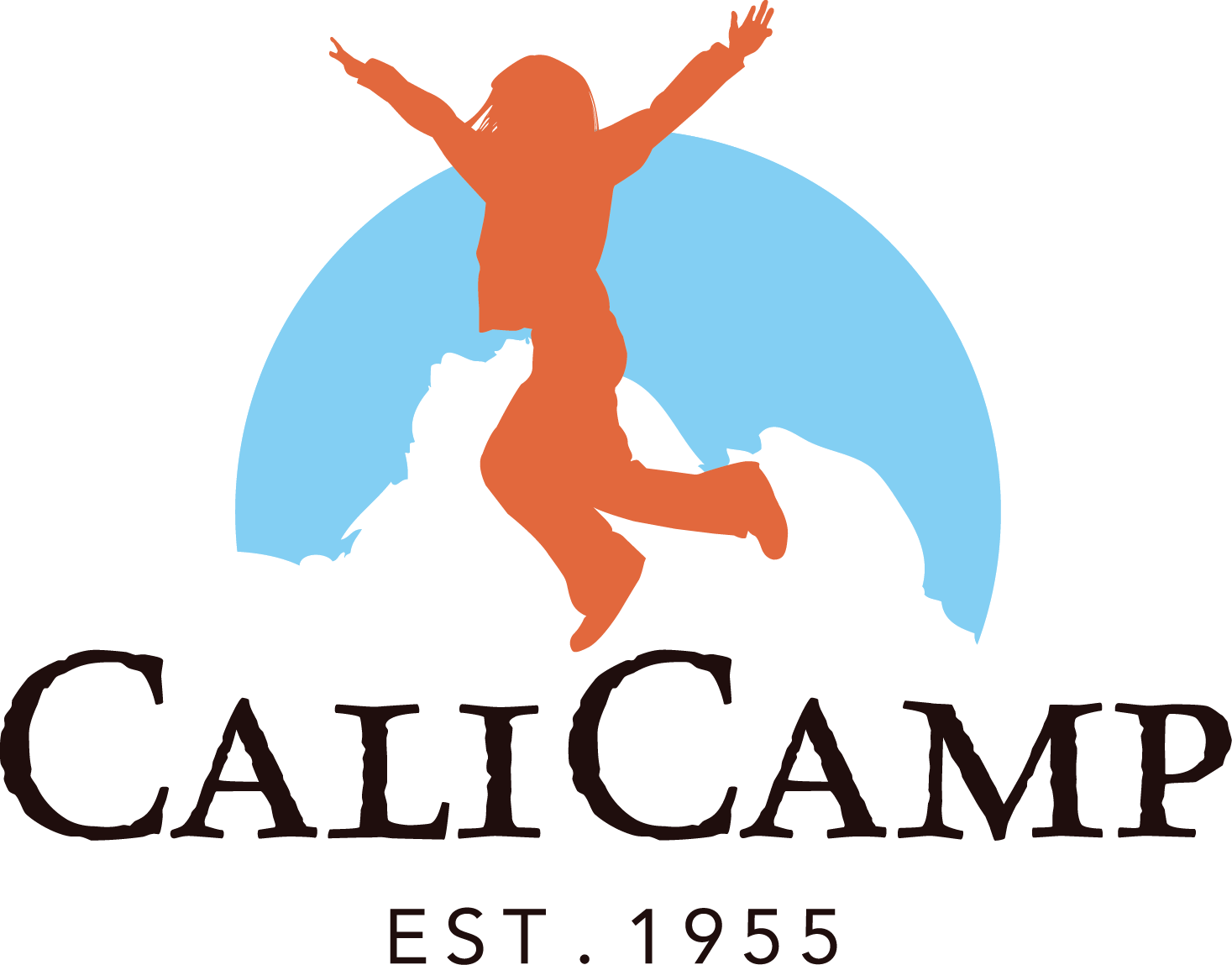
Land Acknowledgement
Cali Camp sits on the traditional and ancestral lands
of the Tongva and Chumash Peoples.
We pay our respects to their elders, past and present, and extend our gratitude for their stewardship of this land throughout generations. We also recognize that a mere land acknowledgement is not nearly enough to erase the pain and to heal the wounds of nearly 200 years of colonization.

The Tongva and The Chumash Tribes:
The Tongva, also known as the Gabrielino-Tongva, were the original inhabitants of the Los Angeles Basin and the Southern Channel Islands.
Their presence in Topanga Canyon is marked by a deep connection to the land, where they lived, gathered resources, and participated in spiritual ceremonies. The Chumash, a maritime culture, resided along the coast and nearby islands, leaving their imprint on the cultural landscape of the region.
To honor and respect the history of the Tongva and Chumash Peoples in Topanga Canyon, it is crucial that we continue to educate ourselves and others about their rich cultures, traditions, and contributions. This includes understanding the impact of colonization, dispossession, and ongoing challenges faced by Indigenous communities today.
Ways to continue education and support:
We ask you to partner with us in donating money to these tribes. Some other ways of continuing education and support are:
Visiting the Chumash Indian Museum and other cultural sites, attending indigenous events, and supporting indigenous artists and businesses.
You can also contribute to organizations that support Indigenous rights, cultural preservation, and community development.
Consider donating to local Tongva and Chumash initiatives working to protect and revitalize their cultures at the Wishtoyo Chumash Foundation or with Gabrielino/Tongva Springs Foundation.
By acknowledging the history and presence of the Tongva and Chumash Peoples in Topanga Canyon,
we strive to create a space that respects and uplifts the voices and contributions of the original stewards of this land.
